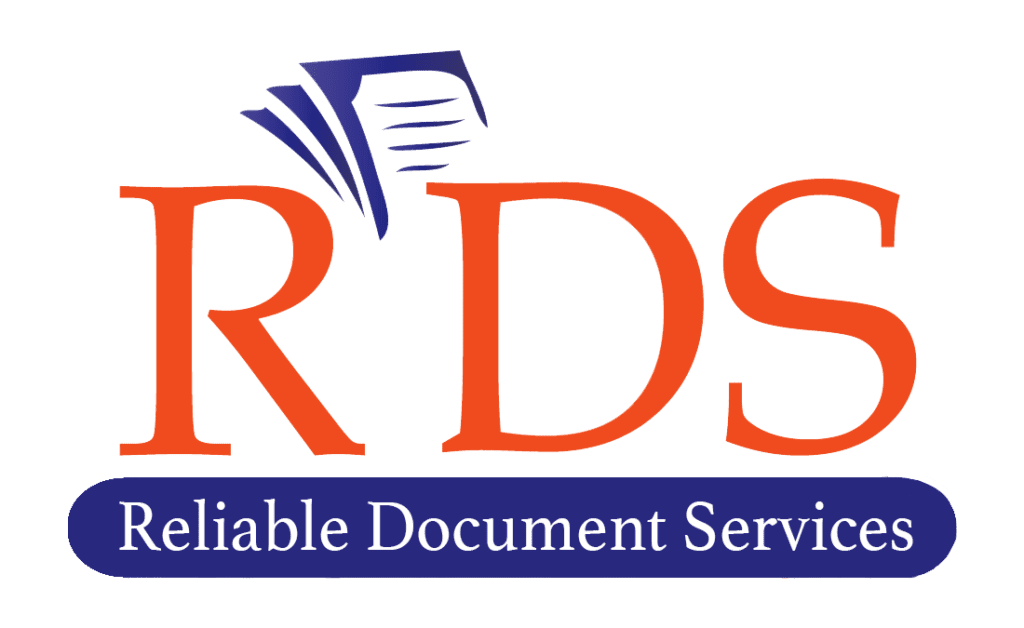Estate planning and probate documentation might seem overwhelming, but they are crucial steps in protecting your legacy and ensuring your final wishes are honored. By understanding these essential processes, you can simplify the legal proceedings for your loved ones, safeguard your assets, and give your family peace of mind.
What is Estate Planning?
Estate planning involves more than simply drafting a will; it is a comprehensive strategy for managing and distributing your assets both during your life and after death. Effective estate planning is about gaining control, minimizing tax burdens, and helping your loved ones avoid legal complications. Key aspects of estate planning include:
- Last Will and Testament: This essential document specifies how you want your assets distributed and names guardians for minor children. Without a will, state laws will dictate asset distribution, which may not align with your wishes.
- Living Trusts: A living trust enables assets to pass directly to beneficiaries without going through probate, often providing greater privacy and reducing time and expenses. Trusts can also help manage assets if you become incapacitated.
- Power of Attorney (POA): A POA allows someone you trust to manage your financial or legal affairs if you are unable to do so yourself, ensuring continuity in financial matters.
- Health Care Proxy & Living Will: These documents empower someone to make medical decisions on your behalf if you are incapacitated and establish your preferences for treatment. This can relieve loved ones from making difficult decisions during emotional times.
- Beneficiary Designations: Certain assets, like life insurance policies and retirement accounts, allow you to name beneficiaries directly. This bypasses the probate process, enabling a faster and more direct transfer to your loved ones.
- Letter of Intent: Though not legally binding, a letter of intent can convey your personal wishes, values, and insights to your heirs, creating a legacy that resonates with them beyond material assets.
The Role of Probate Documentation
Probate is a court-supervised process essential for administering a deceased person’s estate, especially if they did not establish a trust. Probate involves settling debts, validating a will (if one exists), and distributing assets to rightful heirs. Key probate documents include:
- Death Certificate: The death certificate initiates the probate process and is required to transfer or claim assets.
- Last Will and Testament: If available, the will provides the court with guidance on how assets should be distributed and names the executor responsible for handling the estate.
- Petition for Probate: The executor, named in the will or appointed by the court, files this petition to open probate and start the legal proceedings.
- Asset Inventory: A detailed listing of the deceased’s assets, including real estate, bank accounts, investments, and personal property, provides the court with a comprehensive view of the estate’s contents.
- Notices to Creditors: Creditors must be notified of the deceased’s passing and given an opportunity to claim any outstanding debts.
- Final Tax Filings: The executor is responsible for filing the deceased’s final income tax returns and, if applicable, estate tax returns to settle all tax obligations.
Why Estate Planning Matters
Without a carefully structured estate plan, your loved ones could face a long, complex, and costly probate process. Estate planning can reduce legal hurdles, minimize estate taxes, and prevent family disputes. By providing clear documentation, you ensure that your assets are handled as you wish, protecting your family from unnecessary burdens.
Take Control of Your Future
Estate planning doesn’t have to be overwhelming. With the right documents, you can protect your family from unnecessary stress and financial strain, all while reflecting your values. By consulting with a legal expert, you can tailor your estate plan to your needs, keeping it up-to-date as circumstances change.
In the end, estate planning is about more than wealth transfer; it’s about leaving behind a well-managed legacy that reflects your life’s priorities.






